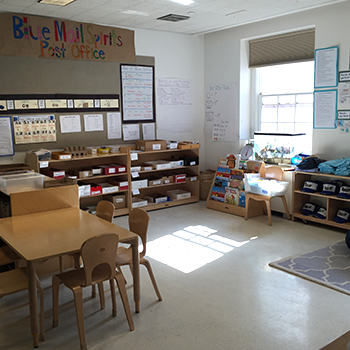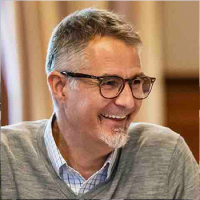
Learning Environments for Tomorrow: Next Practices for Educators and Architects
t
Program Overview
Learning Environments for Tomorrow will explore four themes that are shaping the goals and structure of 21st-century education: collaboration, technology, engagement, and sustainability. Through a research-based understanding of current and emerging best practices, participants will work with Harvard faculty and leading practitioners to envision how school buildings can most effectively support learning in the coming decade and beyond.
Participants should attend in teams that include architects, educators, and leaders involved in a school building project. Teams will learn a process of linking educational goals to design principles and apply the institute’s content to their local building projects. Teams will work with other teams in a “design studio” environment as they grapple with questions such as: What are the core 21st-century learning goals and programmatic features for our school? What are the guiding design principles that will drive our decision-making? What might be the key design patterns and diagrams that would best represent how our goals will be realized?
To support exploration, the program will engage participants through a variety of formats, including interactive plenary sessions, topic-specific workshops, and project teams working in a design studio, that are facilitated by architects, educators, and design thinking experts.


-
-
-
-
-
-
Support PZ's Reach